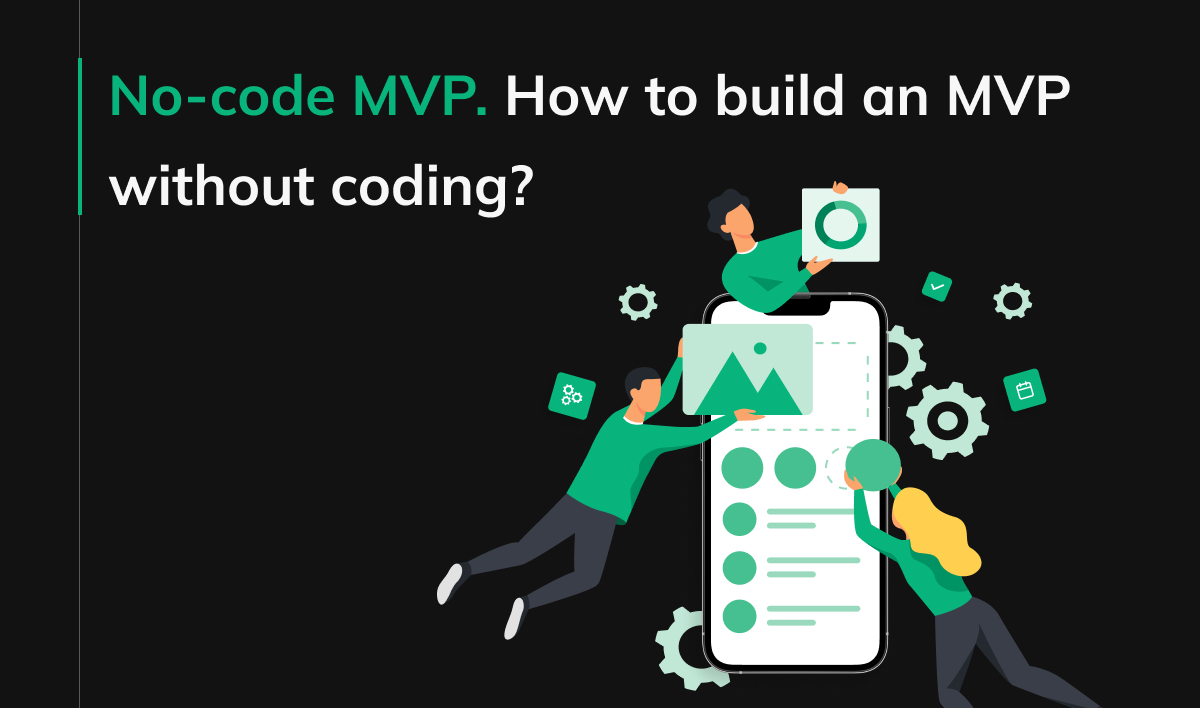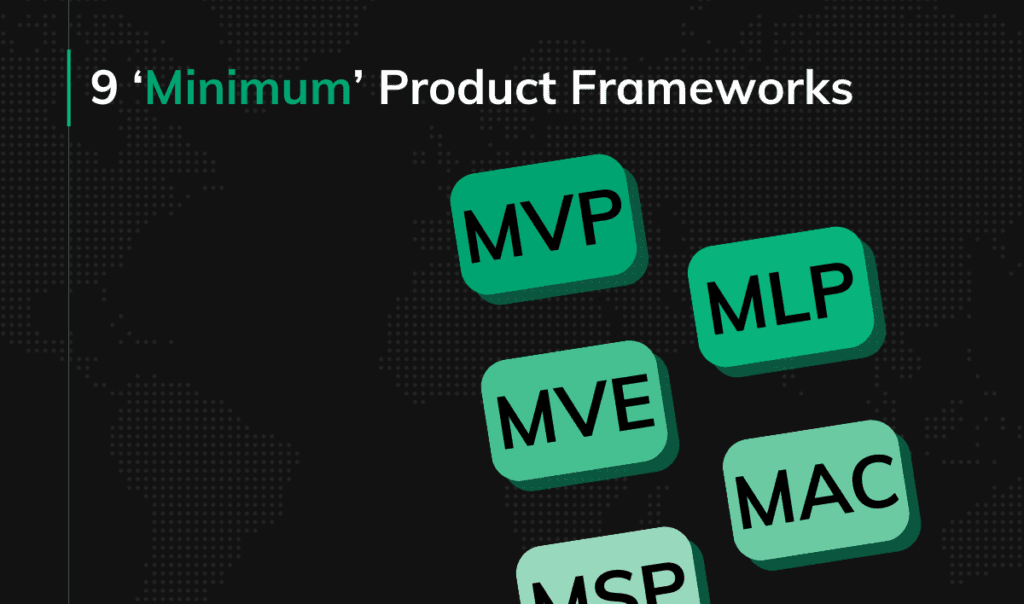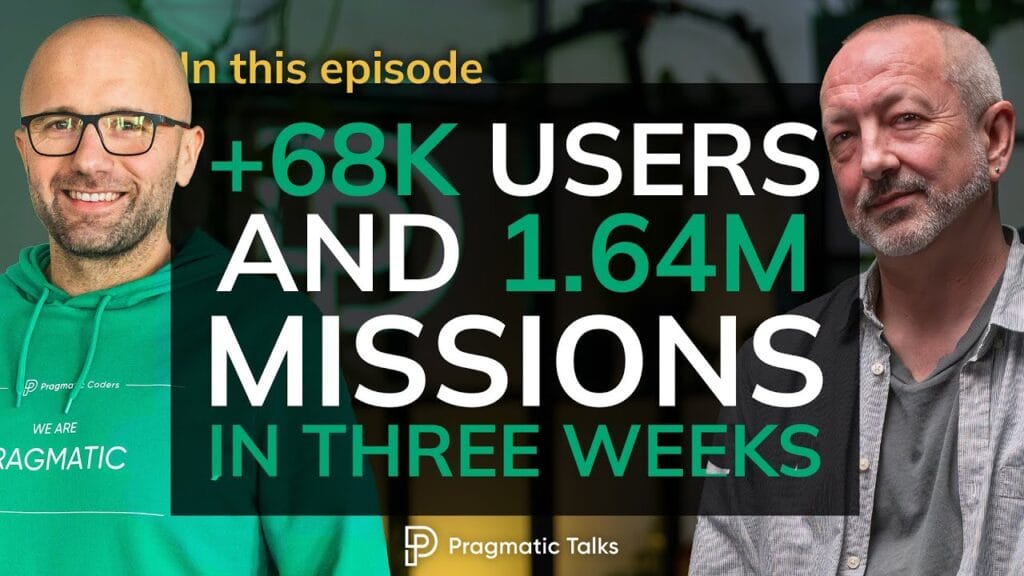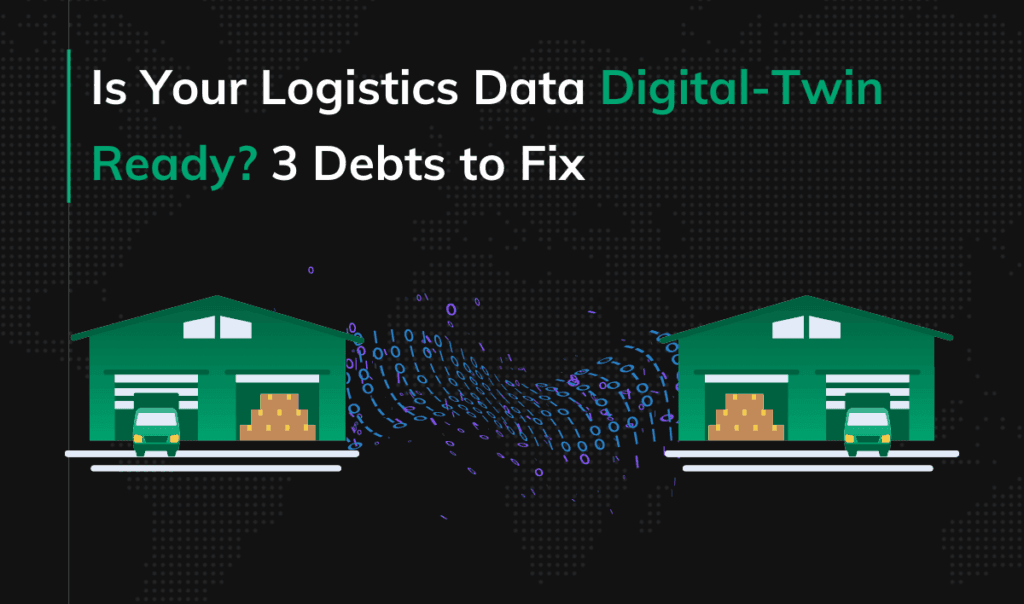No-code MVP. How to build an MVP without coding?

Introduction
Even if you’ve never built one, you at least must have heard about the concept of a minimum viable product (MVP) in software development. One of the main goals of an MVP development process is to validate a business idea and, if possible, get initial tracking.
Software development costs are high for startups, and founders can’t afford to create invalid solutions. Time is also an essential factor; the faster the feedback-learn-build cycle occurs, the better the outcome can be produced, leading to a quicker and more accurate market fit.
For those exploring how to navigate these challenges, it’s important to consider whether a no-code approach might be a viable solution. No-code platforms offer an efficient way to build a Minimum Viable Product (MVP) without the need for extensive coding knowledge. This can be particularly valuable for fintech startups where speed and precision are crucial. If you’re interested in diving deeper into this topic and learning how to start a fintech company using no-code tools, check out this article on starting a fintech company that outlines key steps and considerations.
In this article, I’ll try to answer the following questions:
- Is no-code a solution for the pain points described above?
- Are there any preferable no-code solutions for minimum viable product development?
- Is coding knowledge necessary to begin your journey with no-code?
Let’s discuss what options are available on the market and check if no-code is a good choice for you.
What is no-code & low-code?
No-code eliminates coding, allowing non-technical users to create applications through visual tools and pre-built templates. Low-code reduces coding by providing a visual interface for creating applications and allowing developers to write custom code.
No-code landscape
The no-code market is expanding and provides more and more open-ended solutions. However, when you begin your journey with no-code tools, it can be overwhelming to get familiar with all of them and select the one that can benefit you the most.
You can create web applications with some platforms, some are good only for building mobile apps, and others enable both options. You can also find no-code tools for managing data or building a simple landing page (for example, WIX).
IT specialist market gap & the upcoming changes
In recent years, an increasing demand for specialists from the IT sector has been observed. Some statistics show that only 0,5% of the world population can code. The lack of skilled programmers is a considerable limitation for companies to grow. Salaries for IT specialists have been gradually rising for some time now. The tendency influences primarily small and medium companies (including startups); they can experience difficulties fighting for and paying experienced IT specialists.
I can imagine how the market would change if an additional 1 or 2% of people could deliver digital solutions. This perspective becomes more and more plausible with the advent of no-code and low-code solutions. The shift in the market, resulting from no code & low code expansion, is inevitable.
Maturity of no-code and low-code tools
In the entire no-code and low-code market, only a few solutions reached maturity level. That means these solutions have many users who have already proved the tool’s ability to deliver the promised value.
In the meantime, more and more options are showing up. Many have been created in the last two years, confirming the increased demand for this service.
There are many questions about the future of the no-code/low-code market. It has yet to be made clear how it will evolve. Some current solutions may disappear or be merged to provide more value to existing customers.
The most commonly used no-code/low-code tools
The most known and best no-code tools I know are Bubble, Adalo, and Thunkable. Each of these reached around 2 million customers last year. They all enable you to build a minimum viable product. All you need to do is to design the user interface and connect with external cloud solution providers and existing APIs.
You don’t need to write code when using these platforms. Because of that, the entry threshold is much lower than in a typical software development case, hence a significant opportunity to fill the expert gap observed in the market.
These no-code tools offer user-friendly interfaces, well-documented guides, and tutorials. What’s more, Bubble offers boot camps where you can learn how to build software efficiently from experts within the platform. Communities centered around these solutions can be a rich source of knowledge and inspiration, too.
No-code QA tools
In the no-/low-code market, there’s a niche for automation testing. Many platforms allow automating application testing in areas such as UI, API efficiency, or Ops. One of them is Katalon Studio, one of the best and most popular platforms of this type. Katalon Studio has already gathered more than 100k users. Their portfolio has many success stories, including Saga and Hive (see more: https://katalon.com/case-studies).
Automation can be no-code too!
There are more solutions you can incorporate into your MVP development. An automation tool worth noticing is Zapier. Zapier is a web-based automation tool that allows users to connect their various web applications and automate repetitive tasks.
With Zapier, you can create “Zaps,” which are automated workflows between the apps you use, for example, between Google Spreadsheet and Slack. This tool is like a gateway to many commonly used applications and allows you to make no-code automation at hand.
I imagine startups in their testing phase could use such automation tools. A cool approach you could utilize here is the so-called “Wizard of Oz” method.
“The Wizard of Oz” testing method for no-code MPV development
 Source: Flickr
Source: Flickr
The “Wizard of Oz” testing method is a usability testing technique that involves simulating a computer system or technology being tested as if it were fully functional when, in fact, a human behind the scenes is controlling it. The name of the method comes from the classic story of “The Wizard of Oz,” in which the wizard appears as a powerful figure controlling things behind a curtain, just as the human controlling the system in a Wizard of Oz test is hidden from the users.
This testing method is often used during the development of a new technology when the final product is not yet available or fully functional. It can help to identify usability issues and gather feedback from test users on the overall user experience before the technology is completed. This method can also be useful for testing concepts or prototypes that may not be feasible or practical to build in their full form.
How quickly can you deliver no-code products?
Time-to-market is a critical factor of success for startups. Due to this, the primary question is how fast we can produce and deliver applications built with no-code to the target market. The quicker a startup provides a no-code MVP to early adopters, the faster it can receive customer feedback and validate its ideas.
The delivery speed can depend on the platform you use. The most impactful variables are the time to learn the tool, tool limitations, and support response time.
MVP development without coding knowledge
With MVP development, your goal is to learn fast and adjust the solution to find the best match between your startup ideas and real customer problems.
With knowledge and necessary skills, no-code can be perfectly utilized for MVP development. Most importantly, no-code MVP development gives you the ability to quickly change and test various hypotheses raised in the learning process. Usually, a solution must first be developed and go through the deployment pipeline. No- or low-code, however, allows us to change a product in a matter of minutes and test more hypotheses more quickly without writing a single line of code.
This ability doesn’t guarantee success for a startup but can increase the chance of finding market fit before your business runs out of money.
Quality Assurance for no-code
Whether we want to produce a minimum viable or complete product before reaching the target market, we must ensure that the quality we deliver will be good enough for our future users.
Currently, only a few no-code/low-code solutions enable us to fully test an application before development begins. If a no/low code platform allowed us to build a native file (e.g., for android, a file with .apk extension), then we would be able to use this file for testing in existing testing platforms.
Unfortunately, nowadays, in most cases, these platforms do not provide such native files, which results in limited testing capabilities (the QA process can’t be completed).
Vendor lock-in trap
One of the most considerable hesitations in adopting no-code tools is vendor lock-in. It is the biggest concern of businesses that think about no-code usability. The lack of ability to migrate the existing code to new tools could harm the company in the long-term perspective.
Due to vendor lock-in, I recommend using the no-code approach only for creating minimum viable products or landing pages. However, if no-code is your only option, search for tools that allow you to export code from your project or accept the fact you can end up building a product from scratch once again, this time with coding.
No & low-code app building limitations
The tool limitation and the complexity of the solution you would like to build are strongly related. The more sophisticated your product, the harder it will be to create it with Bubble, Adalo, or other no-code tools. So, if your startup idea is very complex, try to extract a part of it for concept evaluation. If your project is not a complexity monster, then no & low-code could be your choice.
Unfortunately, no-code tools still need to be improved for building complex systems. One of the biggest problems here is ensuring security. Currently, solutions that have to be developed with legal requirements, for example, HIPAA compliance, should not use no-code. The platforms I’ve mentioned above can’t provide this level of security.
Future market estimation
Most market generalists believe that the size of the no-code market will rise exponentially in the following years. According to UserGuiding, in 2024, 65% of application development activity will have the source in no-code.
Based on the research, no-code development will be adopted mainly by medium/small companies. This is because no-code will help them address problems like chronic resource shortages, high IT costs, and low speed of value delivery in very competitive markets (again: only 0.5% of the world’s population knows how to code).
Startups will also adopt the no-code into their workflows because it allows them to gather users’ feedback quickly through rapid MVP development. The 2021’s SpreadsheetWEB report indicates that in 2027, the global no-code/low-code market could be five times bigger than today and worth around $85 billion. Therefore, more and more entrepreneurs and investors will turn to the startup world.
 Source: SpreadsheetWeb
Source: SpreadsheetWeb
Big players (such as Google or Salesforce) have invested in no-code, too. For example, Google acquired AppSheet in 2020, and Salesforce developed a no-code platform that helps its target market increase productivity.
Multiple opportunities arise for IT service providers. As the demand for these solutions increases, new clients will be interested in no-code applications. Software providers can utilize no-code to build a basic version of the product and, when the product reaches its market fit, provide customers with a complete code approach.
Conclusion
Building a minimum viable product with no & low code tools is possible and gives many opportunities for businesses looking for cheaper development options.
The concept of building apps with no-code platforms will stay with us for good. Because of development cost reduction and better time-to-market, no code approach will expand.
For low-complex problems, you can even produce the final product with no-code. If working with more complex ideas, you might not be able to develop a ready product, but no-code solutions should still help you with market validation, testing with real users, gathering feedback, and planning your MVP roadmap.
Some sources even state that relatively simple no-code products can be delivered to the market in 2-3 months with a cost range of 15k$-25k$!
No-code & low-code are changing the technology market, and this trend will be more visible in a couple of years when no-code tools establish their position. Once the market mitigates vendor lock-in issues, testing, and security space, nothing will stop no-code from dynamic growth.
Now is a good time to invest time and money to work with available no-code tools and utilize them as far as possible to enhance business. These solutions already provide many business opportunities. It could be naive to stand aside and not grab them.








